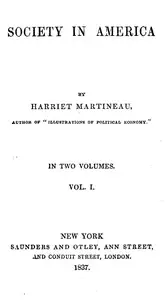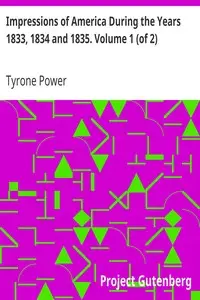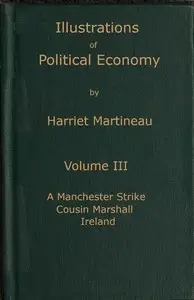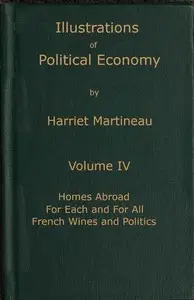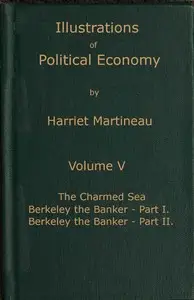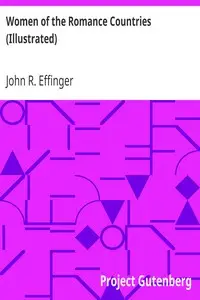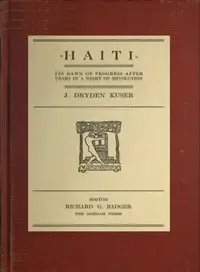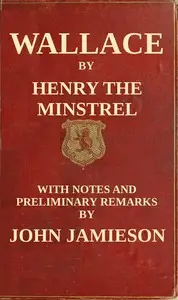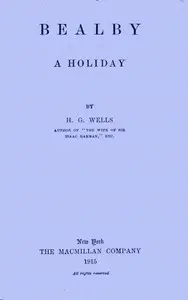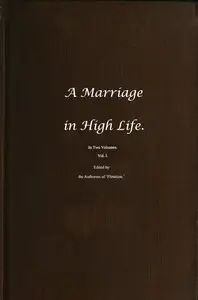"Retrospect of Western Travel, Volume 1 (of 2)" by Harriet Martineau is a captivating account of the author's voyage to America in 1834. The story begins with her leaving Liverpool, filled with anticipation and a bit of nervousness, before she boards a ship bound for a new world. The narrative vividly paints her journey at sea as she introduces the friendships formed among passengers while showing the difficulties of delays and illness. As she crosses the Atlantic, the author offers a thoughtful look into the lives and landscapes of America, presenting not just the beautiful sights but also the complicated workings of society and culture and what it means to travel far from home.

Retrospect of Western Travel, Volume 1 (of 2)
By Harriet Martineau
Embark on a 19th-century transatlantic journey filled with friendship, challenges, and the promise of discovering a new world's hidden beauty and social complexities.
Summary
About the AuthorHarriet Martineau was an English social theorist. She wrote from a sociological, holistic, religious and feminine angle, translated works by Auguste Comte, and, rarely for a woman writer at the time, earned enough to support herself. The young Princess Victoria enjoyed her work and invited her to her 1838 coronation. Martineau advised "a focus on all [society's] aspects, including key political, religious, and social institutions". She applied thorough analysis to women's status under men. The novelist Margaret Oliphant called her "a born lecturer and politician... less distinctively affected by her sex than perhaps any other, male or female, of her generation."
Harriet Martineau was an English social theorist. She wrote from a sociological, holistic, religious and feminine angle, translated works by Auguste Comte, and, rarely for a woman writer at the time, earned enough to support herself. The young Princess Victoria enjoyed her work and invited her to her 1838 coronation. Martineau advised "a focus on all [society's] aspects, including key political, religious, and social institutions". She applied thorough analysis to women's status under men. The novelist Margaret Oliphant called her "a born lecturer and politician... less distinctively affected by her sex than perhaps any other, male or female, of her generation."



